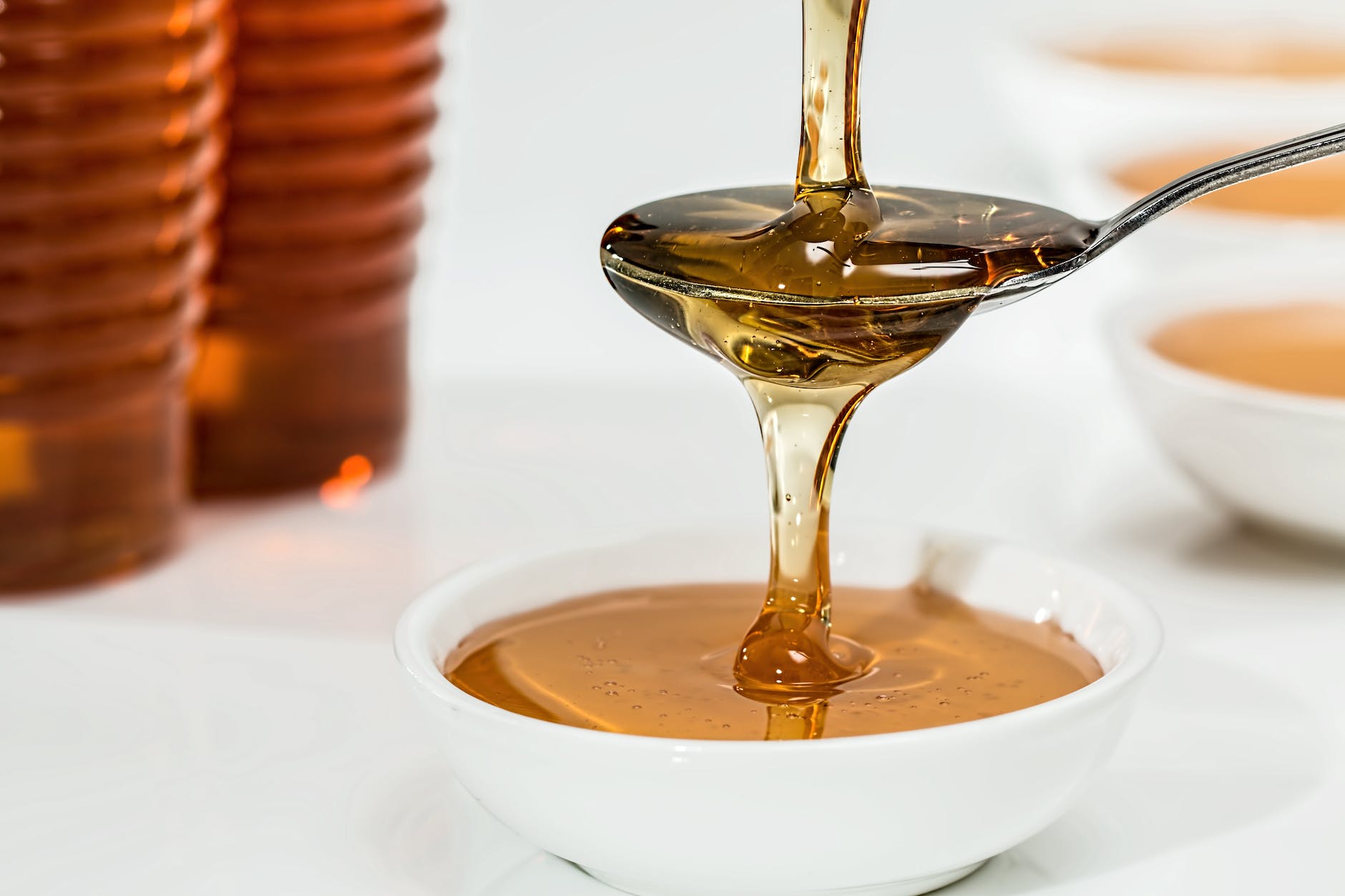
Welcome to the enriching journey of diving deep into the world of anti-inflammatory foods that not only tantalize your taste buds but also embark on a mission to combat inflammation. Living with conditions such as rheumatoid arthritis, inflammatory bowel disease, and ulcerative colitis often means dealing with constant inflammation and pain. Modifying your diet to be rich in foods that reduce inflammation naturally provides a pathway to managing these conditions, aiming for a life full of vitality and well-being.
Did you know your diet can be a powerful tool in reducing inflammation, promoting gut health, and even supporting weight loss? Whether you’re seeking anti-inflammatory meals for your family, focusing on an anti-inflammatory diet for arthritis, or looking for foods that contribute to gut health and wellness, you’re in the right place. We’ll navigate through nature’s pharmacy, discovering foods that serve as natural remedies to fight inflammation and its associated ailments.
Top 20 Anti-Inflammatory Foods and Their Unique Benefits
Unlock the power of your diet to fight inflammation and manage various health conditions such as rheumatoid arthritis, inflammatory bowel disease (IBD), and ulcerative colitis. Our top 20 anti-inflammatory foods list can be a cornerstone for a diet that helps combat inflammation and enhance gut health, playing a vital role in managing inflammation-related disorders and contributing to weight loss and overall well-being.
1. Berries (Blueberries, Strawberries, Raspberries)
- Bursting with antioxidants, berries are essential foods that reduce inflammation and may aid in managing conditions like rheumatoid arthritis and IBD.
2. Fatty Fish (Salmon, Mackerel, Sardines)
- Embrace a low inflammation diet by including fatty fish rich in omega-3 fatty acids, excellent for reducing joint inflammation and pain.
3. Turmeric
- A powerful spice, often found in anti-inflammatory diet supplements, known to lower inflammation levels and may benefit conditions like ulcerative colitis.
4. Olive Oil
- Incorporate this heart-healthy fat in your anti-inflammatory diet menu to combat inflammation and promote gut health.
5. Nuts and Seeds (Almonds, Walnuts, Chia Seeds)
- A perfect snack or addition to meals, contributing to an anti-inflammatory and high-protein diet.
6. Green Leafy Vegetables (Spinach, Kale)
- Essential in diets to reduce inflammation, these vegetables are rich in antioxidants and can aid in managing symptoms in conditions like Crohn’s disease.
7. Avocados
- A superfood that’s a staple in anti-inflammatory meals, supporting weight loss and overall health.
8. Green Tea
- A soothing beverage, rich in polyphenols, an integral part of a natural anti-inflammatory diet.
9. Peppers
- Adding a burst of flavor and essential nutrients, making them crucial foods to combat inflammation.
10. Ginger and Garlic
- Powerful roots that are integral in an anti-inflammatory diet for pain and various inflammatory conditions.
11. Whole Grains
- Excellent for an anti-inflammatory breakfast, contributing to a diet that helps fight chronic inflammation.
12. Tomatoes
- A versatile ingredient, rich in lycopene, and beneficial in managing inflammation in arthritis and IBD.
13. Beets
- A colorful addition to your anti-inflammatory meals, supporting a diet for gut health.
14. Cherries
- A sweet choice in the inflammation diet, helping manage arthritis and promote better sleep.
15. Dark Chocolate
- In moderation, it can be part of an anti-inflammatory dessert, supporting heart health.
16. Mushrooms
- A must-have in an anti-inflammatory diet, supporting immune health and reducing inflammation in various conditions.
17. Pineapple
- Rich in bromelain, making it a beneficial part of diets aimed at reducing inflammation and promoting digestion.
18. Broccoli
- A cruciferous vegetable, essential in an anti-inflammatory diet for cancer patients and overall immune support.
19. Grapes
- Embrace a diet rich in resveratrol by including grapes, supporting heart health and reducing inflammation.
20. Spices (Cinnamon, Rosemary)
- Spice up your meals with these additions, enhancing the flavor and the anti-inflammatory benefits of your diet.
Tailoring Your Anti-Inflammatory Diet for Specific Conditions
Navigating through the realms of rheumatoid arthritis, ulcerative colitis, IBD, and various inflammation-linked conditions requires a diet that’s custom-tailored to manage and alleviate specific symptoms and promote gut health. The intersection of diet and inflammation offers a pathway, allowing for the management of symptoms, promoting overall well-being, and even aiming for weight loss as part of a holistic approach.
Customizing the inclusion of anti-inflammatory foods based on individual conditions, preferences, and dietary needs allows for a personal touch in managing inflammation. From exploring an anti-inflammatory vegan diet, considering a gluten-free approach, to focusing on foods that specifically support conditions like ulcerative colitis or rheumatoid arthritis, the versatility of anti-inflammatory foods caters to various dietary paths.
Practical Tips and the How-To of Incorporating Anti-Inflammatory Foods
Embarking on the anti-inflammatory diet journey doesn’t have to be a daunting task. Simple, practical, and delightful ways await to integrate these powerful foods into your daily meals and snacks, enriching your diet with their healing properties.
- Smoothie Sensations: Blend berries, cherries, and even a hint of turmeric or ginger into your smoothies, creating a delicious concoction rich in anti-inflammatory benefits.
- Savory Soups and Stews: Infuse your soups and stews with ingredients like garlic, onions, and a variety of colorful vegetables, embracing warmth and nutrition in every spoonful.
- Snack Smart: Reach for nuts, seeds, and dark chocolate when snack time calls, ensuring that every bite counts in supporting your anti-inflammatory diet goals.
- Meal Prep Magic: Plan and prepare meals that highlight anti-inflammatory ingredients, making it easier to enjoy these benefits throughout the week.
As we wrap up our exploration of the top 20 anti-inflammatory foods, remember that this journey is about embracing a symphony of flavors, nutrients, and benefits that these foods bring into our lives, aiming for a diet that sings the tunes of wellness, vitality, and health.
Note: Ensure that your journey with anti-inflammatory foods is complemented by guidance from healthcare professionals, tailoring the approach to meet individual health needs and goals.
FAQs
- What are the benefits of incorporating anti-inflammatory foods into my diet?
Including anti-inflammatory foods in your diet could be transformative for your overall well-being. These foods can potentially help manage the symptoms of various conditions such as rheumatoid arthritis and ulcerative colitis by reducing inflammation, improving gut health, and even aiding in weight loss. - How can anti-inflammatory foods aid in managing rheumatoid arthritis?
Anti-inflammatory foods such as berries, fatty fish, and green leafy vegetables are rich in antioxidants and omega-3 fatty acids. Including these foods in your diet could help in managing the inflammation associated with rheumatoid arthritis, thus potentially alleviating some symptoms. - Which anti-inflammatory foods are best suited for ulcerative colitis?
Tailoring your diet with foods like turmeric, ginger, and a variety of fruits and vegetables could be beneficial for managing ulcerative colitis. However, it’s essential to personalize dietary choices based on individual health needs and tolerances, always considering professional healthcare advice. - How can an anti-inflammatory diet support weight loss goals?
An anti-inflammatory diet promotes a balance of foods rich in antioxidants, fibers, and healthy fats. Such a diet not only targets inflammation but could also support your weight loss journey by promoting a healthy metabolism and encouraging the consumption of nutrient-dense, satisfying foods. - Are there vegetarian or vegan options in the anti-inflammatory diet?
Absolutely! A multitude of vegetarian and vegan options abound in the anti-inflammatory diet. From a colorful array of vegetables and fruits to a variety of nuts, seeds, and whole grains, there are plentiful plant-based options to explore and enjoy. - How can I practically include anti-inflammatory foods in my daily meals?
Integrating anti-inflammatory foods into your daily meals can be a delightful culinary adventure. From enriching your smoothies with berries and spices to creating nourishing soups and salads with a diversity of vegetables, there are versatile and practical ways to make these foods a central part of your diet.
Blog Tags:
anti-inflammatory diet, rheumatoid arthritis, ulcerative colitis, gut health, weight loss, anti-inflammatory foods, inflammation reduction, diet for inflammation, holistic nutrition, wellness and diet, omega-3 fatty acids, antioxidant-rich foods, managing inflammation with diet, practical diet tips, customized inflammation diet, dietary wellness journey











